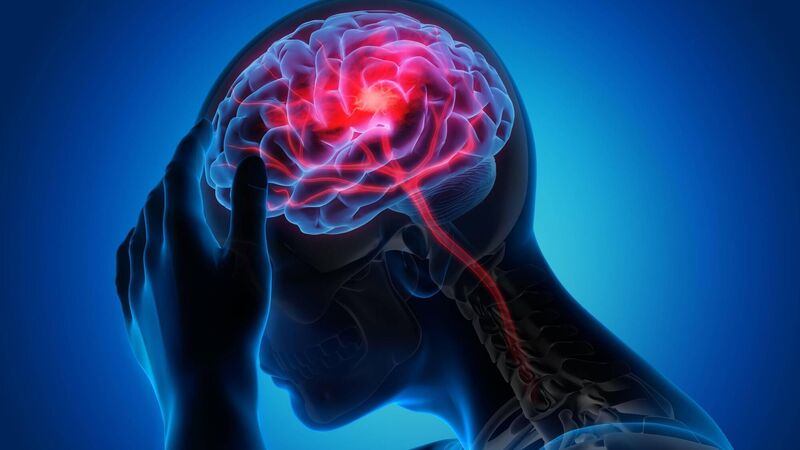Stroke patients abandoned after hospital treatment, Oireachtas hears

The Irish Heart Foundation (IHF) and Croi, the West of Ireland Cardiac & Stroke Foundation, have highlighted 'huge gaps' in aftercare and shortfalls in some treatments.
Patients successfully treated for stroke or heart attacks are then abandoned due to the lack of after-care support, the Oireachtas Health Committee has been told.
The Irish Heart Foundation (IHF) and Croi, the West of Ireland Cardiac & Stroke Foundation, have highlighted “huge gaps” in aftercare and shortfalls in some treatments.













